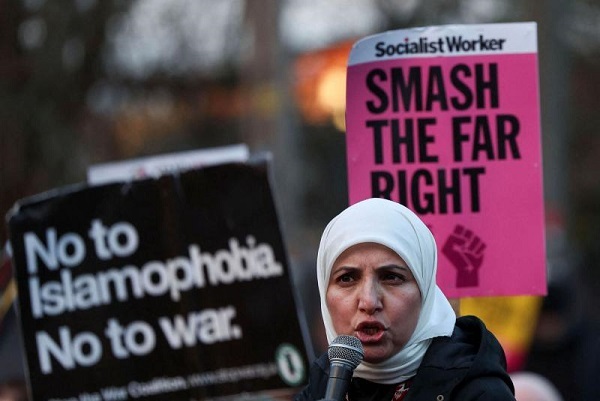Social Media Identified as Main Source of Anti-Muslim Stereotypes in UK: Survey

The findings, released by Better Communities Bradford (BCB), a charity focused on promoting community cohesion, point to social media as the dominant space where anti-Muslim narratives are most visible.
According to the survey, 46 percent of respondents said social media is where they most often come across misinformation and negative stereotypes about Muslims—well ahead of other sources, the Arab Weekly reported on Friday.
“When nearly half the population is saying they most often see anti-Muslim content online, we’re not just talking about casual prejudice,” said Abbas Najib, Chief Executive of BCB.
“We’re talking about algorithm-driven, high-volume exposure to misinformation. And when that’s echoed in our politics and public spaces, we can’t afford to stay silent,” he added.
Read More:
The data also shows that one in five respondents encounter such rhetoric in public places such as shops, on public transport, or during local events. Another 20 percent cited political debates and media commentary, while 16 percent pointed to schools, universities, or workplaces.
These results underscore the widespread presence of anti-Muslim sentiment not only online but also across physical and institutional settings in the UK.
Supporting this, other national research indicates that 22 percent of people believe Muslims are more demonised than any other religious group in the country.
In response, BCB has launched Project Unity, a nationwide initiative aimed at countering anti-Muslim hate through education and dialogue.
Read More:
The year-long program will provide free workshops and interfaith discussion sessions in schools, offices, sports clubs, and community centers across the UK.
Project Unity comes at a time when Muslims, who make up only 6.5 percent of the UK’s population, account for 42 percent of all victims of religious hate crimes, according to the latest Home Office figures.
Source: Agencies



